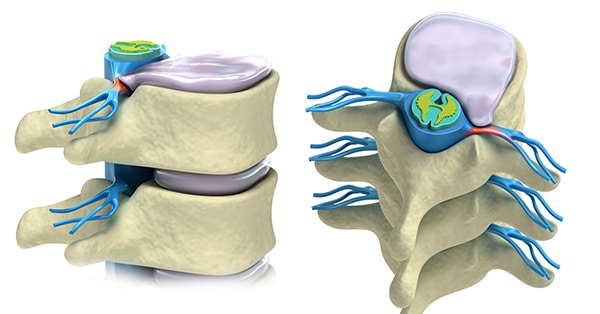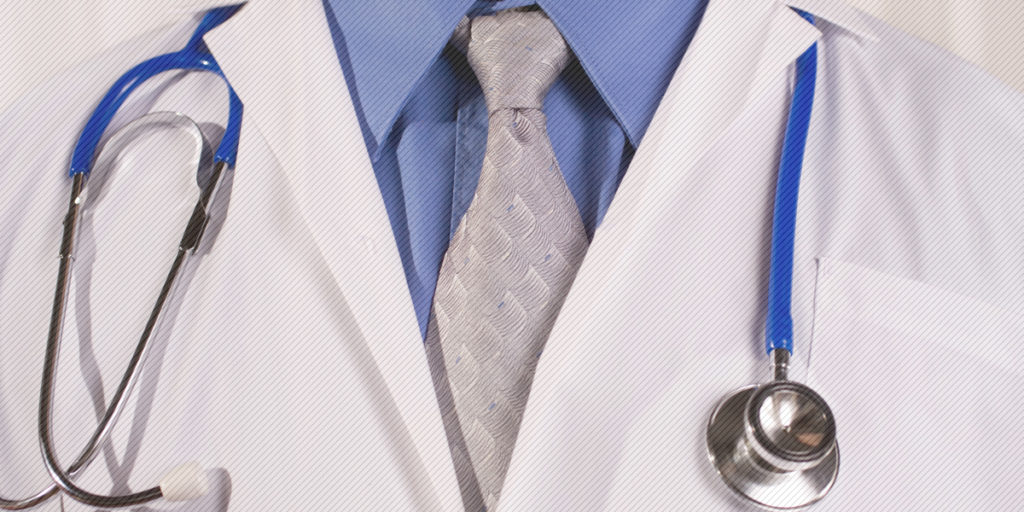The discs in your spine act as shock absorbers for your vertebrae. They are made up of two main parts, the nucleus, and the annulus. Think of a disc-like a Twinkie – the annulus is the yellow cake and the nucleus is the cream filling. But instead of cream filling, the nucleus is made of a jelly-like material that provides flexibility and “cushioning” in your back.

Inverting on a Teeter inversion table helps to decompress the vertebrae, widening the space between the vertebrae and alleviating the pressure on your discs. Taking that pressure off of the discs allows them to rehydrate and fill with nutrient-rich fluid so they naturally heal. The action of increasing the space margins between the vertebrae can actually create a mild suction in the disc, which may help encourage the bulged nucleus to return to its proper place.
How an Inversion Table Helps With a Herniated Disc
Inversion therapy with Teeter is an optimal way to help maintain back and spinal health by stretching tired, sore, and irritated muscles, decompressing and elongating the spine, and allowing the spine to naturally realign.
As always, check with your health care professional before starting inversion and make sure your equipment has been evaluated by a third party like Underwriter’s Laboratories (UL) for safe construction and operation.
Find Relief Now. Pay Later.
Now you can try Teeter in your own home FREE for 30-Days, 0% APR* with Affirm.
